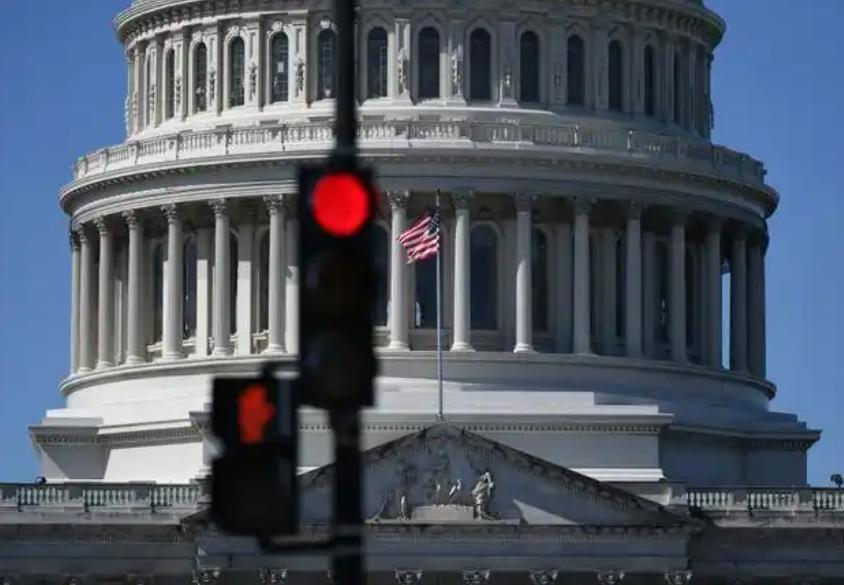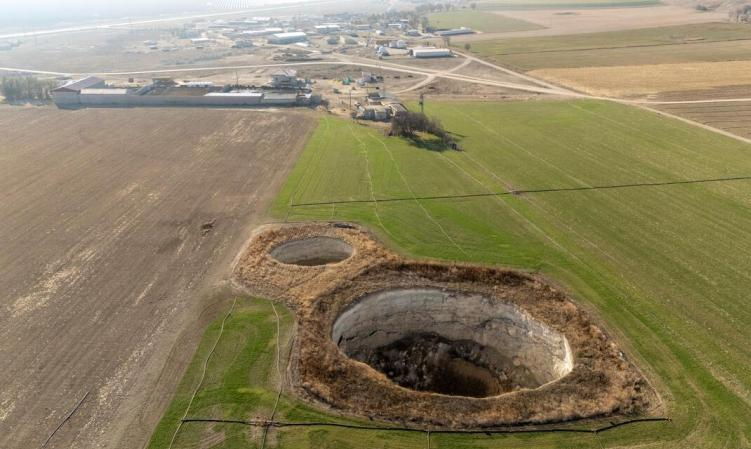
On November 5th, the US federal government entered its 36th day of "shutdown", breaking the previous record of 35 days, becoming the longest government "shutdown" in US history. Due to depleted funds, federal government agencies were unable to operate normally, and the negative impact continued to spread. The US government "shutdown" led to the suspension of several government-led social security programs due to depleted funds, including the "Low-Income Family Energy Assistance Program", which covers 5.9 million households across the US. This will leave some low-income families facing a cold winter without heating. Most of these families also face difficulties in obtaining food due to depleted federal food assistance funds, and the "Supplemental Nutrition Assistance Program" (SNAP), which covers about 42 million people (one-eighth of the total US population) and most of whom have incomes below the poverty line, also ran out of funds on October 31st. It was reported that since the US federal government "shutdown", key departments such as border control, law enforcement, immigration, and customs have remained operational, but a significant number of federal employees have been forced to work without pay or take leave at home. The "shutdown" has led to about 750,000 federal employees taking temporary leave. The BBC reported that some federal employees might receive one or two weeks' salary, while many have not received a penny since October 1st. By this month, some federal employees working in the US Congress will also not receive their salaries.
The current chaotic situation in the US has a major impact on various aspects, including the impact on people's livelihoods. As winter temperatures drop, some families may have their heating services cut off due to unpaid fees, and even face eviction risks. Douglas, a resident of Minnesota, said that she relies on this assistance to pay for electricity and heating costs, and the suspension will seriously affect her and her two sons' lives. The "Supplemental Nutrition Assistance Program" (SNAP), which covers about 42 million people (one-eighth of the total US population), ran out of funds on October 31st. Although the Department of Agriculture used emergency funds to maintain the distribution of some relief funds, food assistance stations and free food distribution points still had long queues, and people were worried that the suspension of relief funds would affect life during holidays such as Thanksgiving. The double interruption of heating assistance and food relief funds has led low-income families into a vicious cycle of "not having enough to eat and not being warm enough to live".
The impact on the consumption market and related industries is also significant. Low-income families, unable to pay heating costs, may reduce energy consumption, leading to a decline in the income of energy suppliers. In addition, families may cut back on non-essential consumption to save money, further suppressing the demand for retail and service industries. The suspension of heating fees may damage the credit records of low-income families and increase the probability of loan default. Financial institutions may therefore tighten credit policies and increase the financing costs for low-income groups, creating a "debt-consumption" negative cycle. At the same time, the suspension of heating assistance has led to a reduction in energy consumption by low-income families, directly affecting the income of energy suppliers. If the suspension lasts until the peak of the winter season, the energy industry may face more severe income decline. The increase in the risk of household debt default may lead to an increase in the bad debt rate of financial institutions, affecting their profitability and stability. Additionally, financial institutions may raise credit thresholds to further suppress consumption and investment.
The impact on society is also significant. The US government's "shutdown" due to the opposition between the two parties has exposed the inefficiency of the governance system and may weaken the confidence of international investors in the US economy, affecting long-term capital inflows. Experts warned that if the government does not end the "shutdown" or take alternative measures, thousands of people may face life-threatening conditions due to the cold. The dissatisfaction of low-income groups towards the government may trigger protests, increasing the cost of social governance.
In conclusion, the US decision to suspend heating subsidies has triggered a series of chain reactions in the economic field like a domino effect. If the government fails to take effective measures to end the "shutdown" and resume the subsidies in time, the US economy is likely to face even more severe challenges.

Due to the continuous decrease in rainfall and the rapid drop in groundwater levels, several large sinkholes have successively appeared in several agricultural areas in central Turkey in recent years, causing great concern among local farmers and environmental experts.
Due to the continuous decrease in rainfall and the rapid dr…
The Prime Minister's Office of Israel said Hamas attacked I…
Fourteen countries including the United Kingdom, France and…
The US Department of Justice said on Wednesday (December 24…
The Japanese government has submitted a draft, planning to …
On December 25th local time, NVIDIA announced a technology …